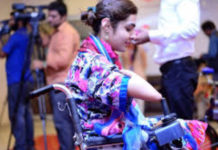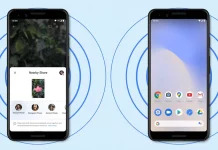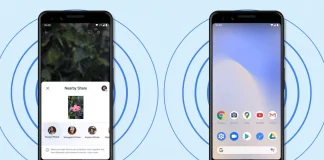In the second week of March 2015, Apple’s SVP Operations, Jeff Williams introduced a new feature called ResearchKit in a live event.
A source of major media transformations, the open source software allows researchers to create apps that can be used by patients and medical researchers to conduct studies.
“To think that this device that you use to check your mail can be used to battle disease is simply amazing,” stated Mike O’Reilly, MD, Apple’s vice president of medical technology, in a quote presented at the event.
According to Apple’s, this new software, ResearchKit, introduces rich features — such as the ability to conduct tests anywhere, anytime — that will provide a wealth of health data for researchers and study participants including Breast Cancer, Parkinson’s, Diabetes, Asthma, and Heart patients.
The software is designed to work with Apple’s HealthKit to allow patients, doctors, researchers, and study participants to seamlessly share health information.
Users can decide whether or not to participate and how much information is shared.
The kit will be made available from next month.
So far, more than 900 apps have already been created with HealthKit to help users keep track and monitor their health in real time.

Few of the beneficial apps for aid with each disease include:
LifeMan for Asthama Patients: Mount Sinai, Weill Cornell Medical College, and LifeMap developed their Asthma Health app to gain greater insight into triggers for the disease. It helps participants self-manage their asthma by avoiding areas where air quality could worsen symptoms. And since the study tracks symptom patterns in individuals, researchers hope to discover new ways to personalize treatment.
mPower for Parkinson’s Disease: The variability in Parkinson’s disease symptoms has left many questions unanswered. So the University of Rochester and Sage Bionetworks created the mPower app to precisely measure data such as dexterity, balance, memory, and gait. This information could help researchers better understand how various symptoms are connected to Parkinson’s disease. In turn, participants could start to recognize their own signs and symptoms.
GlucoSuccess for Diabetes: Massachusetts General Hospital developed its GlucoSuccess app to help researchers understand how various aspects of a person’s life — diet, physical activity, and medications — affect blood glucose levels. The app can also help participants identify how their food choices and activity relate to their glucose levels, enabling them to clearly see correlations and take more active roles in their own well being.
Share the Journey for Breast Cancer: The Dana-Farber Cancer Institute, the UCLA Fielding School of Public Health, Penn Medicine, and Sage Bionetworks developed their Share the Journey app to learn more about the long-term effects of the chemotherapy used in treating breast cancer. The app enables participants to easily provide detailed information about energy levels, cognitive abilities, and mood. The study could illuminate ways to offer patients a better post-treatment quality of life.
MyHeart Counts for Cardiovascular Disease: Stanford Medicine and the University of Oxford have collaborated to create the MyHeart Counts app. It uses surveys and tasks to help researchers more accurately evaluate how participants’ activity and lifestyle relate to their risks of cardiovascular disease. By identifying these correlations, researchers can begin to better understand how to keep hearts healthier.

ResearchKit is already being used today. Several of the world’s leading medical institutions are already using ResearchKit to gain further insight into some of the most serious diseases.

You can learn more about the patients’ stories and can also download these apps from the App Store.





































